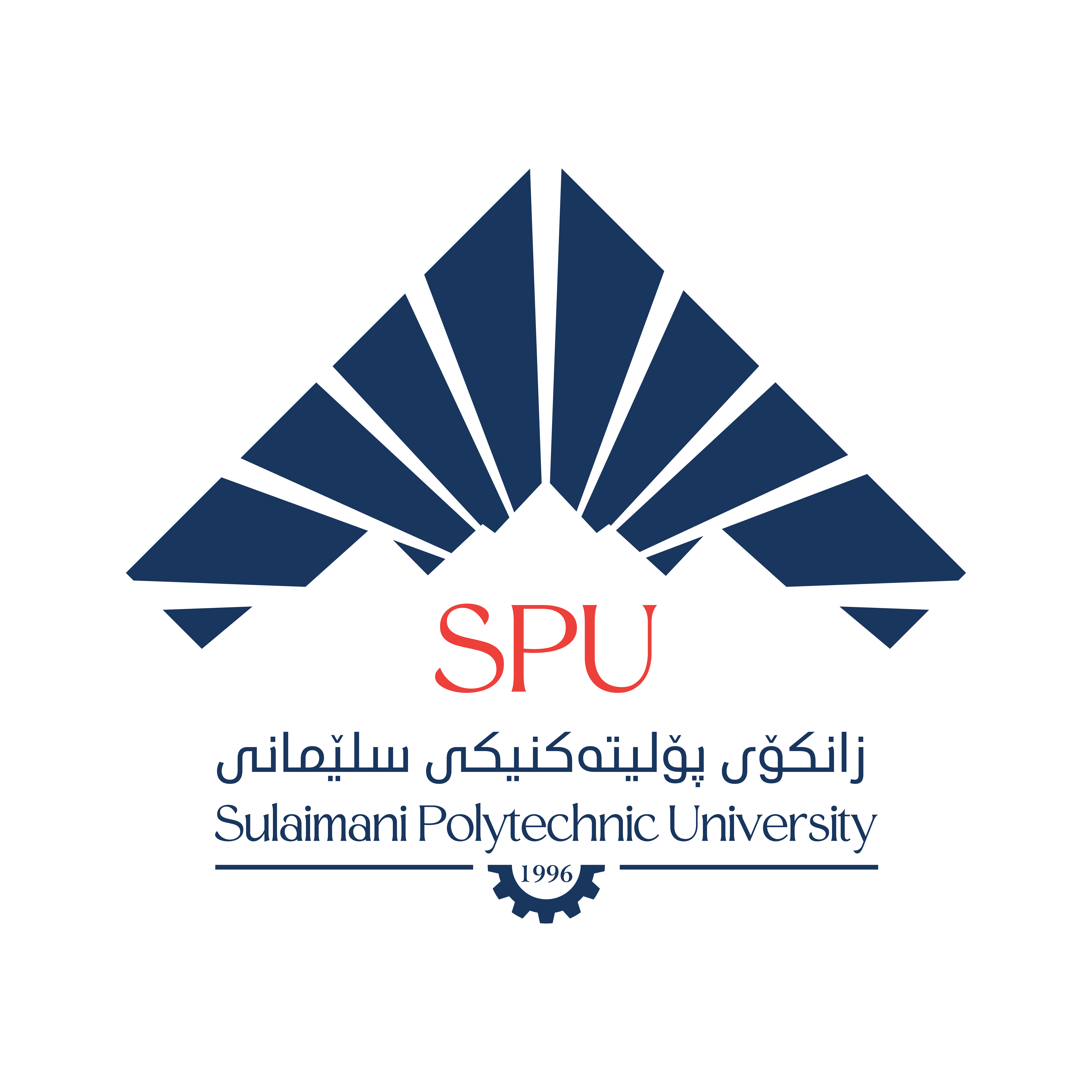Was established in 2001 as the Department of Veterinary in Kalar Technical College. The department was renamed the Department of Animal Health in 2005-2006, then to the Veterinary Techniques Department. Currently, the Department is one of its kinds in the Kurdistan Region which offers 2-years curriculum study with 120 credit hours in the field of veterinary sciences. The department is implementing the Bologna process since 2018. The Veterinary Techniques Program has been designed to develop personnel capable of assisting veterinarians in large animal practices, small animal practices, laboratory animal situations, and related veterinary medical activities, as well as to meet the market requirements. The graduates will apply skills and knowledge to the care and management of small and large animals during clinical laboratory procedures, disease management, animal nutrition, pharmacology, parasitology, microbiology, food hygiene and qualities, anesthesia and medical and surgical care of animals, and disease prevention.
Vision:
Academic staff of this department is seriously working together in order for the department to be a scientific research and instructional foundation in the field of veterinary sciences to serve the society and through which outcomes of animal products be increased. This will be applied via graduation of specialized, well-trained and deep-rooted graduates in the veterinary skills who really realize the importance of these sciences. Thus, the skills will be achieved when they work in the private and governmental sectors.
Mission:
The veterinary techniques department is a vital department in Kalar Technical College. It is trying to do following duties:
- Producing well-educated Diploma graduates in veterinary techniques who will be able successfully apply all skills achieved.
- Meeting the society from healthy animal and poultry products.
- Making people is familiar with the zoonotic diseases and how to protect them ultimately.
- Setting a scientific basic through which exchanging information and instructional educations will be given to society in order to solve problems in poultry and animal farms and products.
- Treating diseases, increasing products, and improving animal and human health.
Working for treatment, control, prevention and surveillance of animal diseases as well as zoonotic diseases, which will benefit the society and the environment as a whole.
